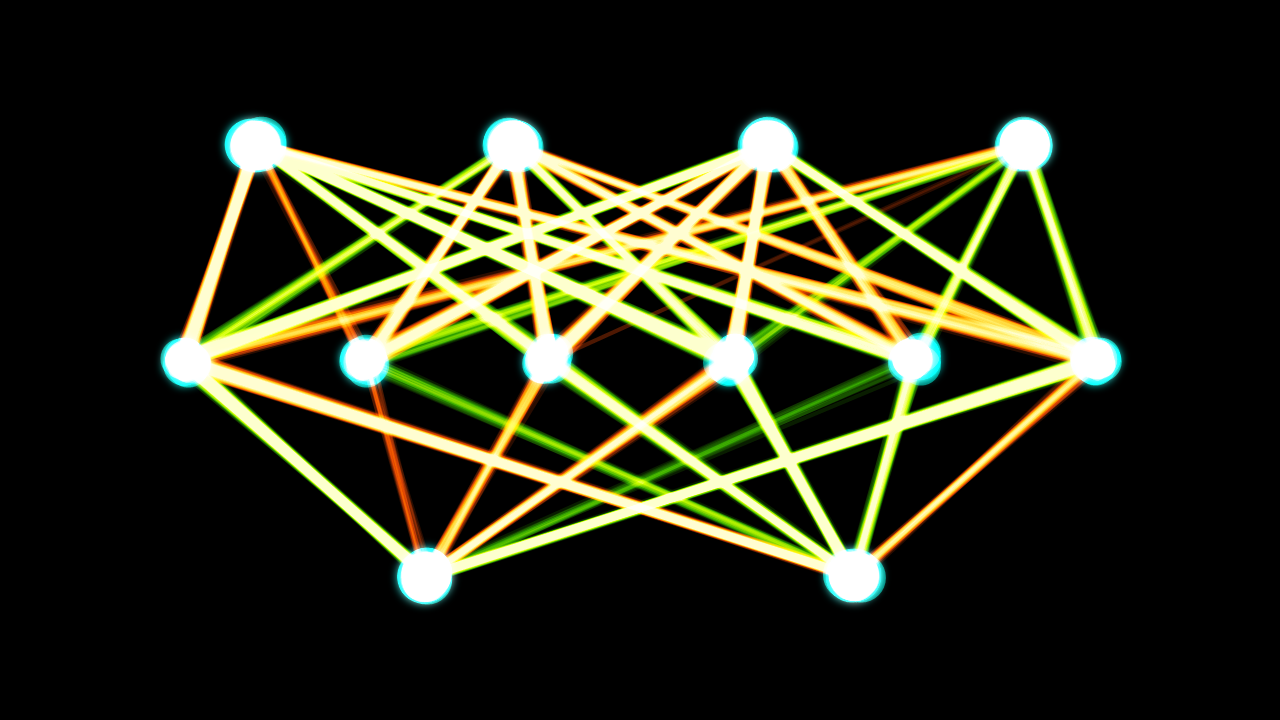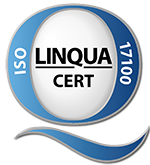
Research Project on Neural MT at ADAPT
- Geschrieben von: Michael Kemmann
- Kategorie: Forschung
Neural Machine Translation seems to be the talk of the town pretty much everywhere throughout our industry, and there is no doubt that this technology has changed the way how machine translation is perceived by a wider audience. Publicly available web MT services have improved through these technological advances, and the arrival of Cologne-based DeepL which is based on the vast Linguee database has created quite some stir also outside language industry circles, prompting articles even in mainstream newspapers and magazines.
In response to this, we formed a workgroup at ADAPT to assess what such services really could deliver in our environment. We found that generally the output of neural MT systems sounded much more natural than the one from the statistical ones which prevailed before; however, this did not always mean that NMT rendered the meaning of the original text more correctly than its statistical sibling. Neural MT output has in several instances been shown to sound treacherously plausible while poorly preserving the meaning of the source text, up to the point of saying even the opposite of the original. And while the results with certain rather formalized texts like legal agreements or contracts left us reasonably impressed, the outcome with technical texts of several types did not, or not to the same extent.
However, the MT services on the web cannot be trained by the user to avoid errors that have occurred, and even worse, they are not domain specific, which leads to all kinds of mismatches and terminological hickups in the output. As a result, despite their occasionally impressive readability, they may not fully represent what neural Machine Translation might actually be able to deliver if the "one-size-fits-all" approach of these public services is overcome.
In order to leave both hype and the grand promises of some commercial providers, as well as the somewhat technology-averse attitude of certain parts of the language industry behind and be able to take our own informed stance, we decided to initiate an internal ADAPT research project to determine how far we may get with proper domain adaptation and based on the corpora we have (or which can be sourced from comparatively reliable resources), and find out what output quality it is possible to achieve with a relatively limited, but rather reliable amount of data.
Under the academic auspices of Professor Ralph Krüger, Master candidate Liv-Marit Thater of the Translation Studies department of Technische Hochschule Köln will as part of her thesis build an MT implementation based on the OpenNMT system originally developed by the Harvard Natural Language Processing research group (harvardnlp). Liv-Marit's work, performed withthe support of ADAPT's team of linguists and IT staff, will enable us to experiment with the technology as it develops further, identify more closely where potential fields of application may lie in future, and where there may be issues which prevent us from using it in certain (for instance regulated) environments. We are certainly looking forward to the journey, and curious where it will take us!
Photo: Akritasa [CC BY-SA 4.0 (https://creativecommons.org/licenses/by-sa/4.0)]



